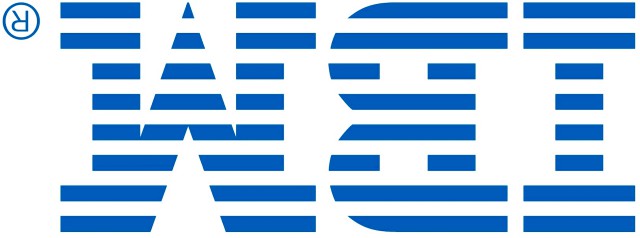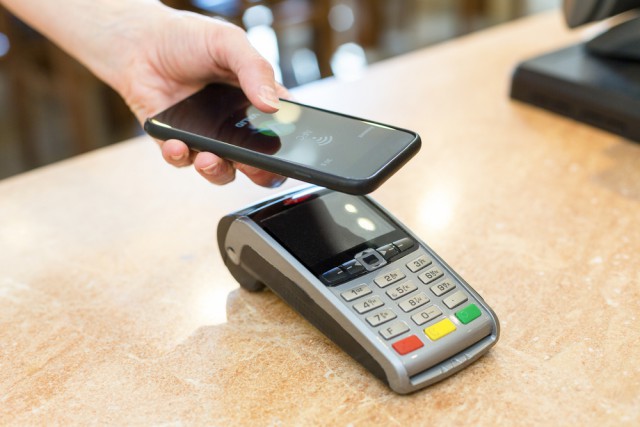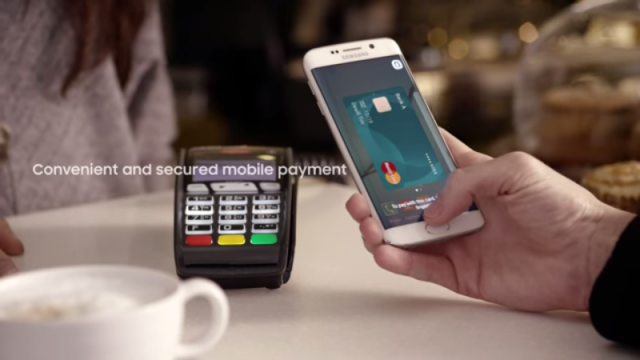
UK start up seeks to make online software research easier
According to Google's Consumer Barometer Report 53 percent of people compare products, prices and features online before buying.
This is even more true of B2B buyers, with 89 percent saying they use the web as part of their research process.

Uber announces bug bounty program
Uber is calling on independent computer researchers and experts to find weaknesses in its system as the transportation firm is set to release its technical map.
As Uber jumps into the bug bounty bandwagon -- a philosophy that has long been advocated by the open-source software movement -- it details its software infrastructure to the public, identifies what sorts of data might be exposed inadvertently and suggests what types of flaws are the most likely to be found.

IT pros: Security budgets are not growing fast enough
As an answer to the ever increasing threats of cyber-attacks, the security budgets across various industries are growing, a new survey by The Institute of Information Security Professionals (IISP) suggests.
However, the rise in budgets is not enough to tackle the problem.

Red Hat proves open source is big business -- posts $2.05bn yearly revenue
Open source is big business. To quantify and define "big business", how about I throw out a number -- $2,000,000,000. That is a lot of zeros! But what does it represent?
It is a figure that Red Hat has surpassed for its 2015 earnings, as it just posted revenue of $2.05 billion for last year. This makes it the first-ever open source software company to ever meet or exceed $2 billion in revenue in a year.

Ginni the Eagle: IBM’s corporate 'transformation'
I promised a follow-up to my post from last week about IBM’s massive layoffs and here it is. My goal is first to give a few more details of the layoff primarily gleaned from many copies of their separation documents sent to me by laid-off IBMers, but mainly I’m here to explain the literal impossibility of Big Blue’s self-described "transformation" that’s currently in process. My point is not that transformations can’t happen, but that IBM didn’t transform the parts it should and now it’s probably too late.
First let’s take a look at the separation docs. Whether you give a damn about IBM or not, if you work for a big company this is worth reading because it may well become an archetype for getting rid of employees. What follows is my summary based on having the actual docs reviewed by several lawyers.

Adding a payment feature to your website can improve cash flow
Whether you have a big or small business, targeting the online audience is one of the best decisions you will ever make. There are billions of people using the internet everyday, with thousands or millions of these people matching your target demographic. Ecommerce has seen the rise of many enterprises, some of which operate exclusively online.
One of the most important parts about running an online business is having a great website design. You website design is what people online perceive about your business and this is why you need to invest in professional website design and development. You may have a cousin or a friend who is good at coding, but there is a lot more that goes into an ecommerce website development.

Downtime costs more than ransomware
You might think that having to pay for files locked by ransomware is costly, but it’s the downtime that actually hurts a business more.
Those are the results of a new survey conducted by cloud IT services company Intermedia. The survey, entitled 2016 Crypto-Ransomware Report, polled nearly 300 expert IT consultants about the current trends in malware.

Over two thirds of businesses want to cut SIEM costs
Security information and event management (SIEM) systems are placing extra weight on companies’ budgets, a new study suggests.
According to IT auditing software company Netwrix Corporation, 69 percent of companies are looking to reduce SIEM bills.

HPE struggles as server market grows
The fourth quarter of 2015 saw an increase in servers shipped worldwide, compared to a year before, with revenue also rising. Those are the results seen in Gartner’s latest report on worldwide shipments of servers.
According to Gartner, Q4 2015 saw a jump in shipments of 8.2 percent year-on-year, with revenue up 9.2 percent. Looking at the year as a whole, shipments are up 9.9 percent, and revenue is up 10.1 percent.

Contactless payments are starting to gain traction in Europe
The future of payments in Europe is contactless, a new survey suggests. According to the report by digital security firm Gemalto, 90 percent of business leaders in Europe have already invested in a contactless project. The other 10 percent are planning to do so.
Gemalto also says that in the next three years, 10 percent of all transactions in Europe will be made through contactless payment systems. Things will not be as straightforward, though, as there are multiple contactless payment systems, all battling for dominance.

Android Pay coming to UK
The payments industry is in the midst of something of a revolution at the moment. Leading banks such as HSBC are introducing biometric security and high-profile companies such as Samsung are ready to get rid of cash for good by focusing on digital payments.
Contactless solutions that use near-field communication (NFC) to enable payments on mobile devices are growing in popularity and, following in the footsteps of its rival Apple, Google has announced that Android Pay will be coming to the UK by the end of March.

Developers earn more on Windows Phone than Android or iOS
Windows Phone is nowhere near as popular as Android or iOS, having a market share of just over one percent, but it appears to be far more lucrative for developers than either of the two major platforms. In fact, developers who publish apps in Windows Store can expect to earn twice as much compared to those who create Android titles.
On average, a Windows Phone developer earns $11,400 per month, which equates to $136,800 per year. In contrast, an iOS developer has to make do with $8,100 per month, or $97,200 per year, while an Android developer makes $4,900 per month, or $58,800 per year.

Samsung Pay will be available in more major markets this year
After less than a year, Samsung Pay has reached 5 million users in South Korea and the US. The service has already processed over $500 million dollars worth of sales and this number is set to increase as Samsung is preparing to globally expand its mobile payment service throughout 2016.
The company will be launching Samsung Pay in China next month in partnership with China’s UnionPay. Support for the service will then be made available in Australia, Brazil, Singapore, Spain, the UK and Canada later this year.

Are you ready to cut the cash?
One of the big debates happening at the moment is when -- and indeed, whether -- we will see the emergence of a cashless society where digital payments rule the roost.
We are already seeing it happening. Last year, cashless payments overtook physical currency in the UK and the release of services such as Apple Pay has helped propel mobile payments into the mainstream.

Why peer to peer lending is a disruptive industry [Q&A]
In the last ten years, peer-to-peer lending has grown to be a serious disruptive influence in the financial services landscape.
Jaidev Janardana, CEO of Zopa, the world’s first and UK’s leading peer-to-peer lending platform, discusses why the industry has proved so disruptive and what the future holds.
